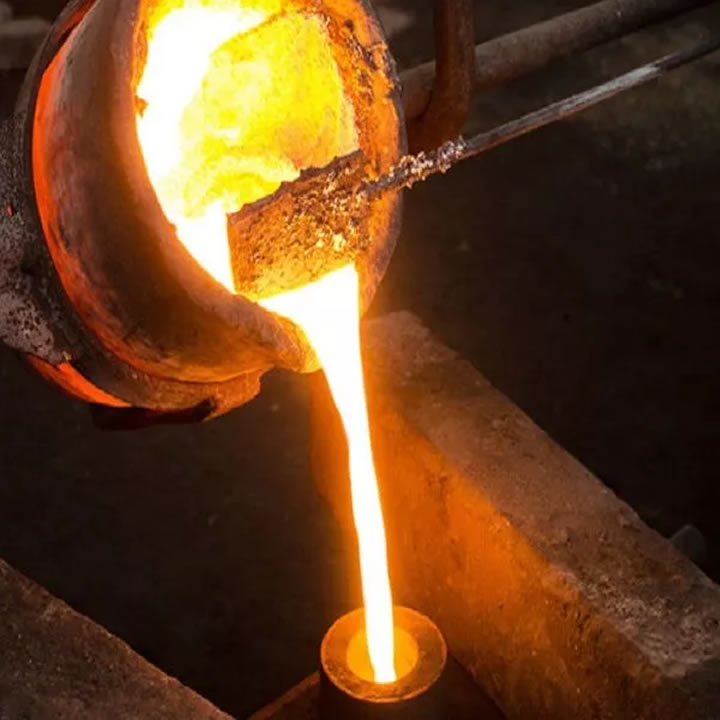Manufacturer and Exporter
Carbon steel is a very common material choice for steel castings since it has a wide range of uses in a variety of sectors, making it a very versatile material. Carbide-treated carbon steel is one of the most often used alloys in steel castings nowadays.
DawangCasting as the world’s premier investment casting provider can produce carbon steel castings in any carbon steel alloy required. Carbon steel castings at DawangCasting are commonly made from different material grades.
Furthermore, DawangCasting can make such carbon steel castings to your specifications by altering the composition of the materials used. To help you save money, DawangCasting has invested in investment casting technology that allows them to achieve tight tolerances in a variety of dimensions.
Besides machining and non-destructive testing, DawangCasting also has the capability of doing various secondary processes like heat treating and assembly. DawangCasting can demonstrate that they can deliver carbon steel castings that are as excellent as or better than those offered by any foundry, even those that specialize in alloy steel castings and stainless steel castings.
The Casting Process
Carbon steel casting, like alloy steel casting, may be made using two separate casting techniques: water glass casting and silica sol casting. Both of these procedures are used to make alloy steel casting.
Water Glass Casting: This sort of casting method is capable of producing carbon steel castings with tolerances ranging from CT7 to CT8. Because of the inexpensive cost of the water glass casting method, it is used for the majority of carbon steel castings.
Water glass casting firms account for approximately 70% of all casting foundries in China.
Silica Sol Casting: This is another lost wax casting process for carbon steel casting that is becoming more popular. Carbon steel castings may be controlled within CT5-6 tolerances with this casting method. In addition, the surface finish will be significantly improved.
The sole factor that should be considered while choosing this procedure is the high cost of production. If you have high expectations for your carbon steel castings, we recommend that you use this technique.
Overview
Carbon steel casting is extensively used in industrial applications because of its inexpensive material cost and wide range of material grades. Heat treatment can increase the strength, ductility, and other properties of carbon steel casting, making it more suitable for high-temperature environments.
This material is especially beneficial for motors and electrical appliances because of its ferromagnetic characteristics. Carbohydrate steel is a safe and durable alloy with a high level of structural integrity, characteristics that have contributed to its widespread use and made it one of the most widely produced alloys in the world.
Carbon cast steels are classed in the same way that wrought steels are, based on the amount of carbon in them. It is relatively soft and not easily heat-treatable because of the presence of low carbon cast steel (0.2 percent carbon).
Medium carbon cast steel (0.2–0.5 percent carbon) is somewhat tougher than low carbon cast steel and is more receptive to heat treatment for strengthening. When the highest hardness and wear resistance are required, high carbon cast steel (0.5 percent carbon) is employed in the manufacturing process.
Thus, this is all about the casting process, its types, and the world’s manufacturers and exporters.

